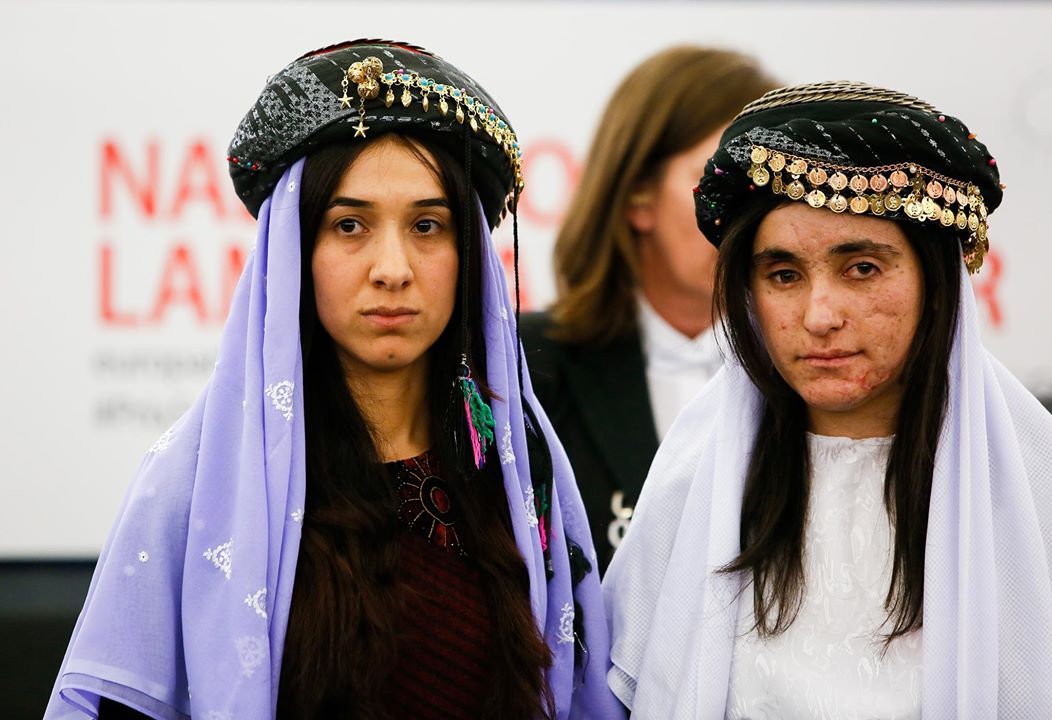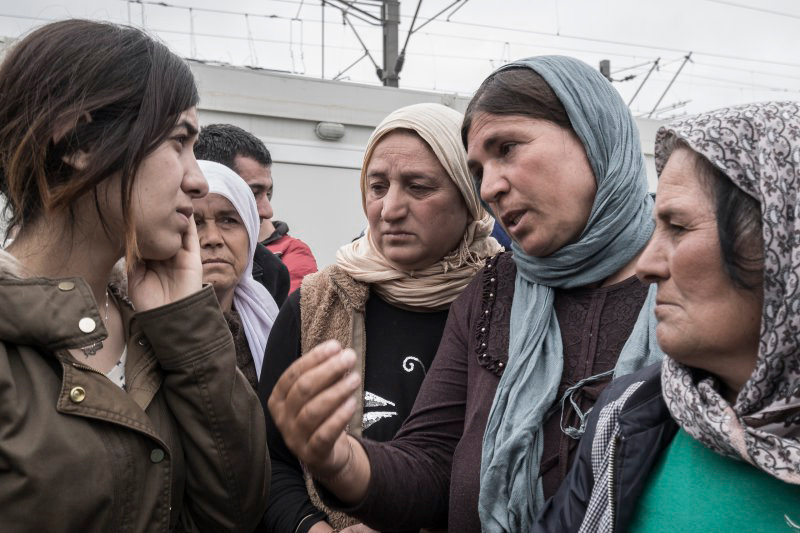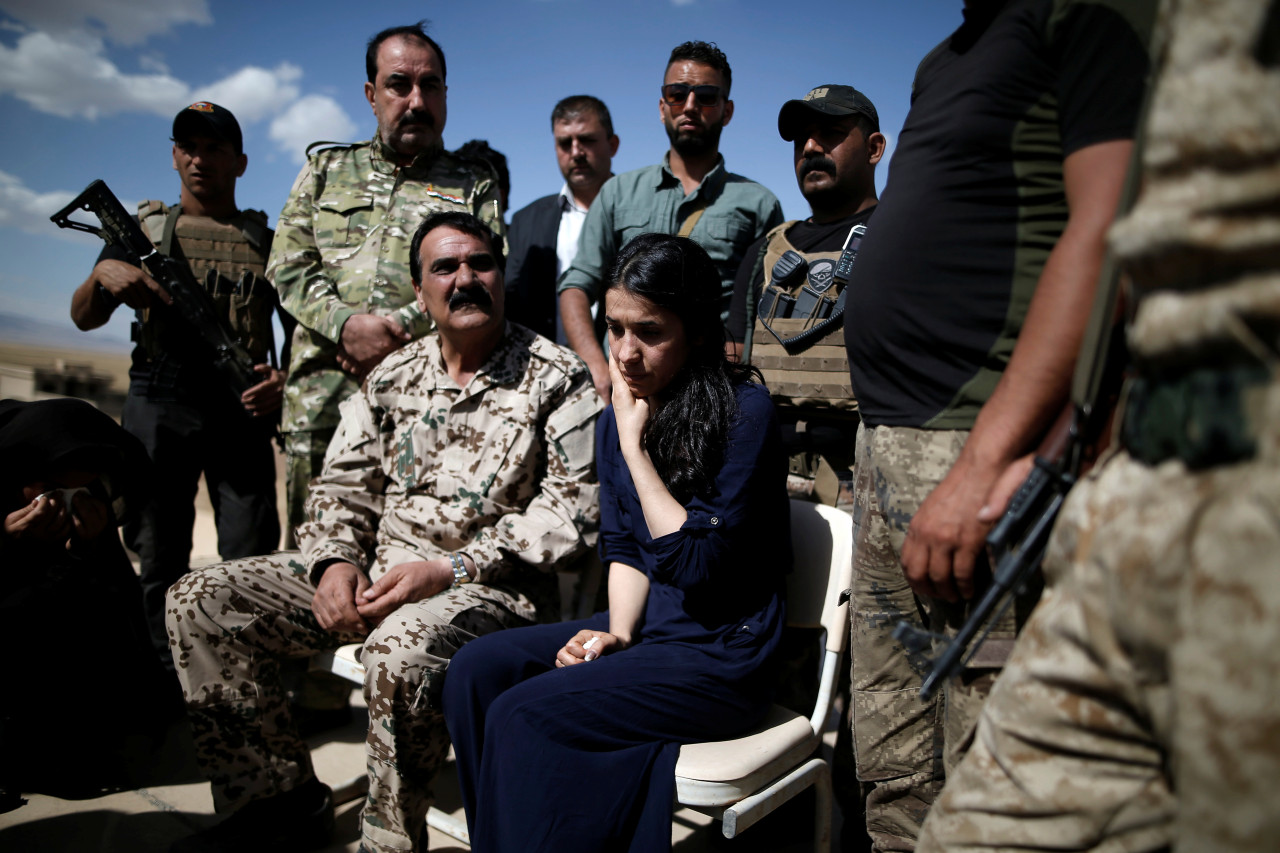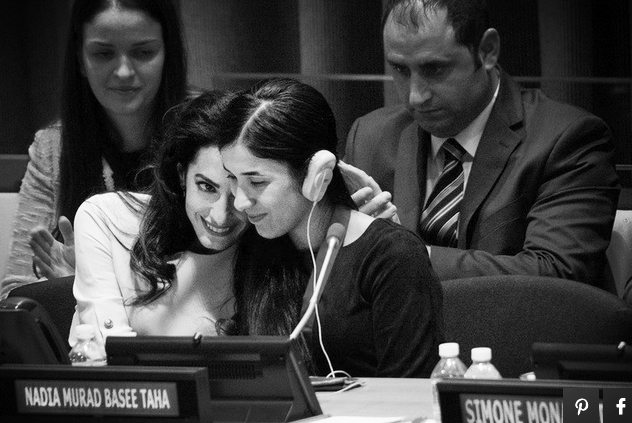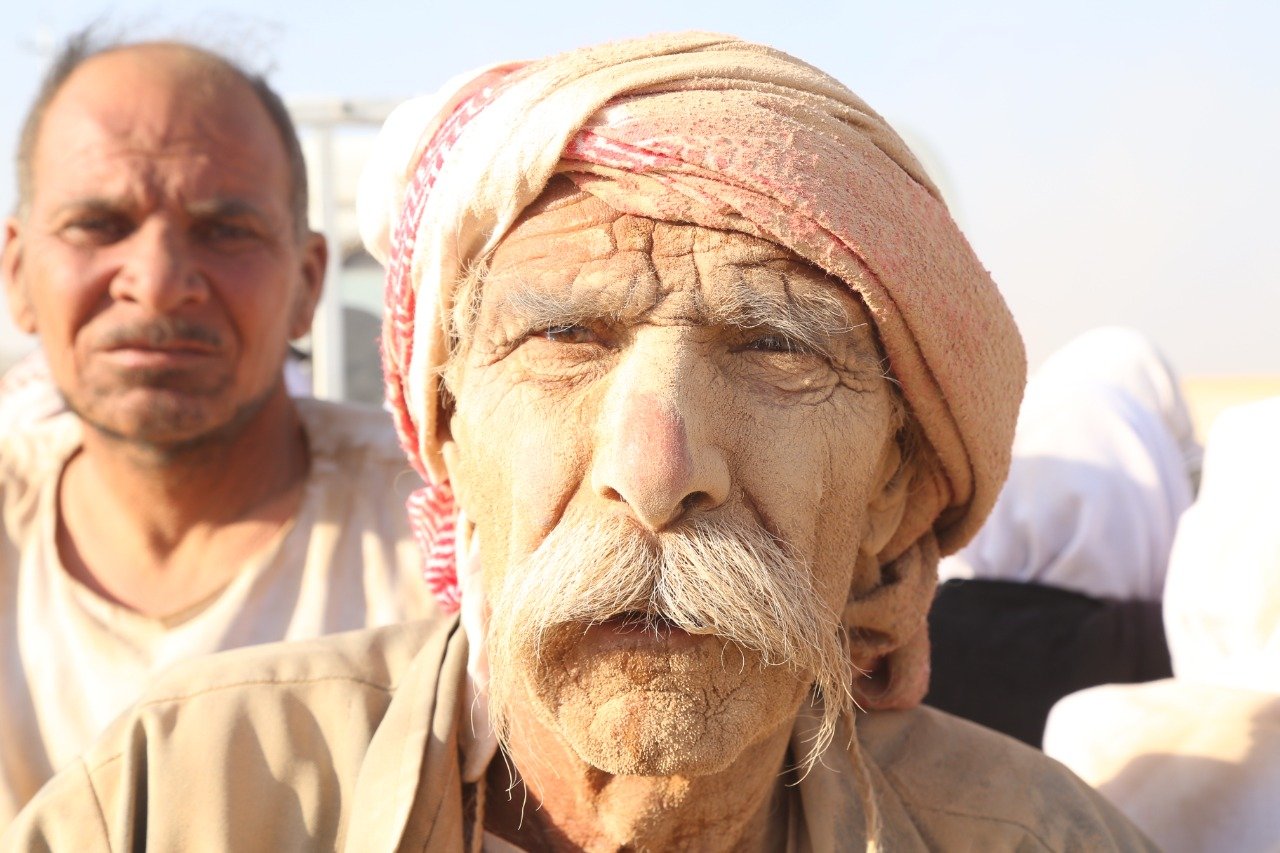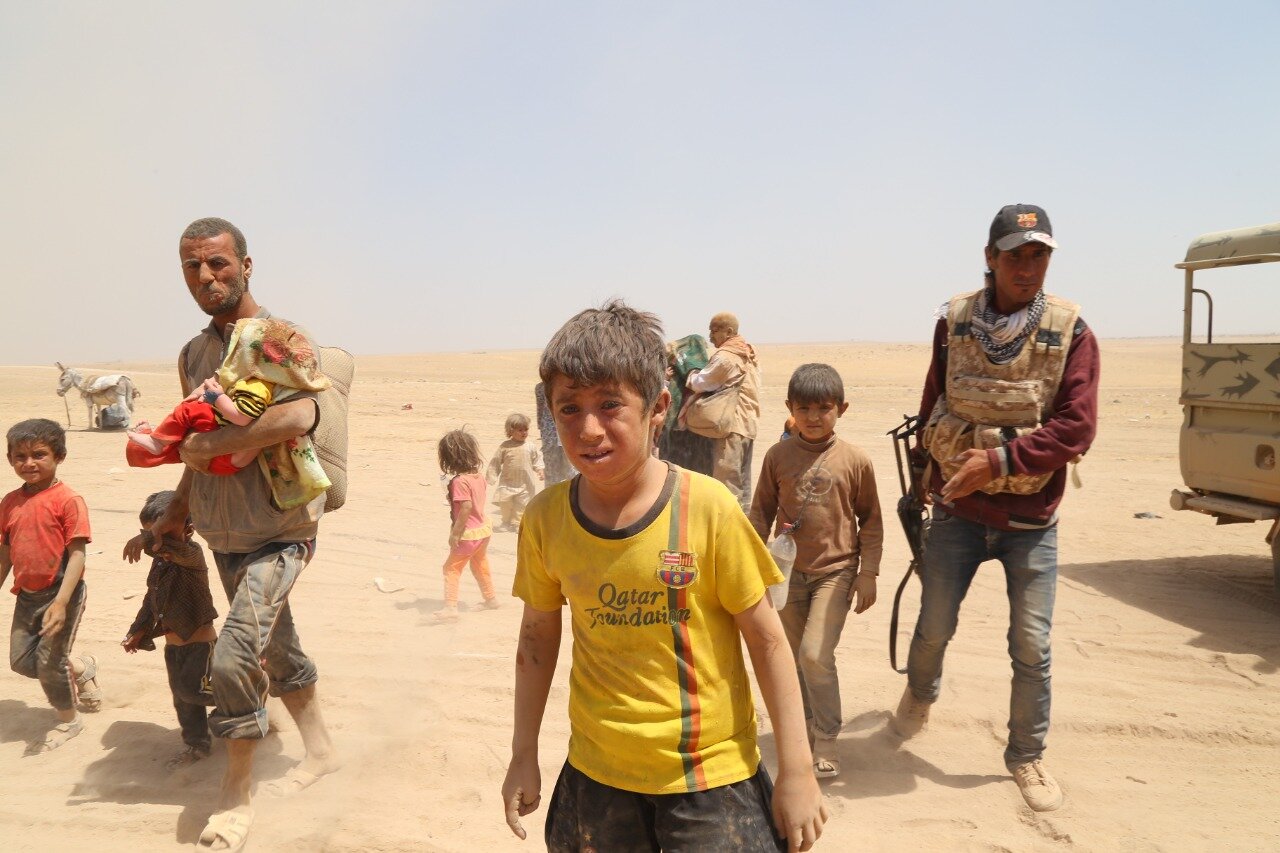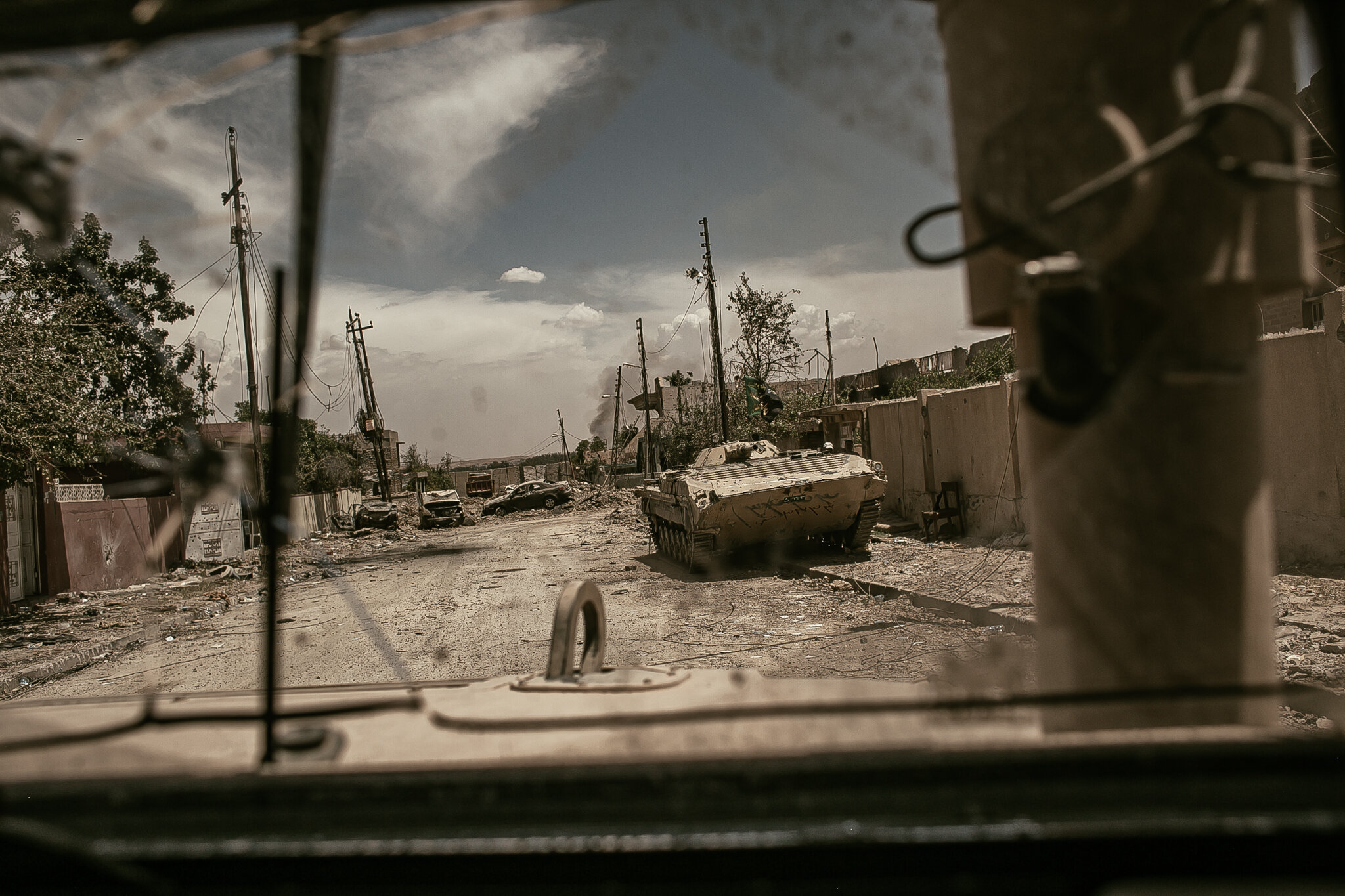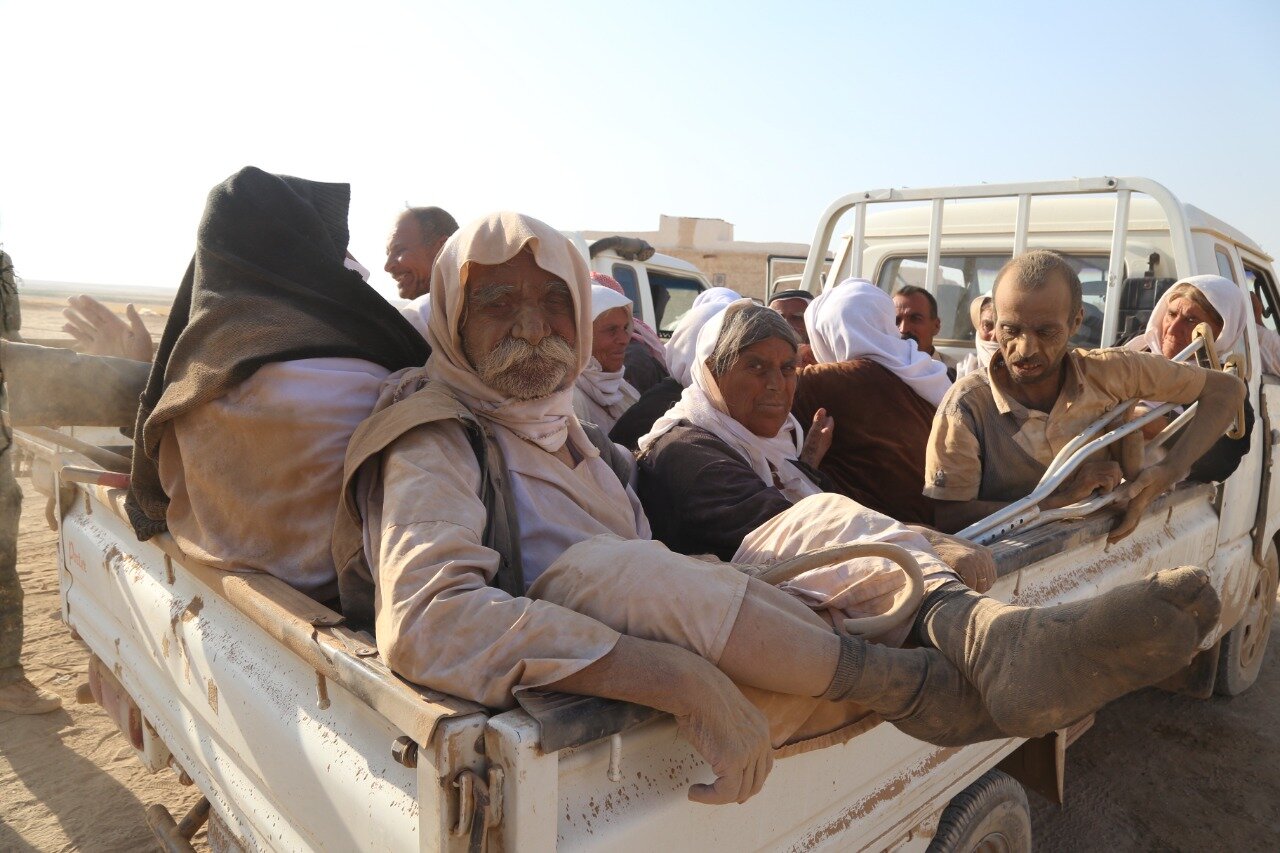“I felt I had already died. Most people die once in their lifetime but we felt that we died every hour”
Nadia Murad, Nobel Peace Laureate, Yazidi Survivor
On 3 August 2014, the self-declared Islamic State (ISIS) launched its attacks against Sinjar district in the Nineveh Governorate of northern Iraq, home to the Yazidi religious group. Acting with an intent to destroy the Yazidi community, ISIS killed men and boys over the age of 12 who refused to convert to Islam, indoctrinated boys over the age of 7 and forced them to commit attacks against their own community, killed older women, sexually enslaved women and girls as young as 9, and destroyed Yazidi shrines and temples. An estimated 12,000 Yazidis were killed, either by execution or starvation and dehydration during IS’s occupation of Sinjar, and 6,417 Yazidis were kidnapped. According to the UN Human Rights Council, these attacks constitute genocide as defined under the 1948 Convention for the Prevention and Punishment of the Crime of Genocide, as well as crimes against humanity and war crimes.
The genocidal campaign waged by IS also targeted other non-Sunni Muslim groups, including Christians, Kaka’i, Sabean Mandaeans, and Shabak, Turkmen and Arab Shi’a. Thousands were killed, tortured, sexually enslaved and displaced. Christians were forced to convert; those who refused were killed and at least 220 women and girls were abducted. 1,700 Shi’a army cadets were murdered in the Camp Speicher massacre, as well as 600 male Shi’a inmates in Badoush Prison near Mosul. An estimated 450 Shi’a Turkmen women and girls were abducted from Tel Afar and sexually enslaved. 1,600 Shabak Shi’a were killed or abducted, and almost all of those who survived were displaced. Vowing to “pursue and kill” them, IS attacked a Kaka’i village with a car bomb and displaced thousands. Sabean Mandaeans face a risk of extinction; 90 percent were displaced. Nineveh was once home to a wealth of cultural heritage representing the diversity of its inhabitants, but its churches, mosques, shrines, temples, artefacts and historical sites are now destroyed.
“what is shocking here is not just the brutality of ISIS but how long those who know about it can remain passive. If we do not change course, history will judge us, and there will be no excuse for our failure to act”
Amal Clooney, Human Rights Lawyer
Then-Prime Minister of Iraq, Haider al-Abadi, announced victory over IS in Iraq in December 2017, yet the ordeal for Iraq’s religious and ethnic minorities continues. As of September 2019, 2,908 Yazidis remain missing, as well as hundreds of women and girls belonging to other minorities, many believed to be in captivity. Families of victims search for their loved ones in mass graves scattered all over Iraq. Hundreds of thousands of people were displaced and continue to live in camps under harsh conditions. Fearing for their safety, many have left their ancestral lands and resettled abroad; only 550,000 Yazidis, 200,000 Christians and 1,000 Sabean Mandaeans remain in Iraq. Meanwhile, not a single IS fighter has been prosecuted for, let alone convicted of, genocide. Few countries have recognized IS attacks against minorities of Iraq as international crimes, and even fewer pursue universal jurisdiction to prosecute IS fighters. The genocide is ongoing.


